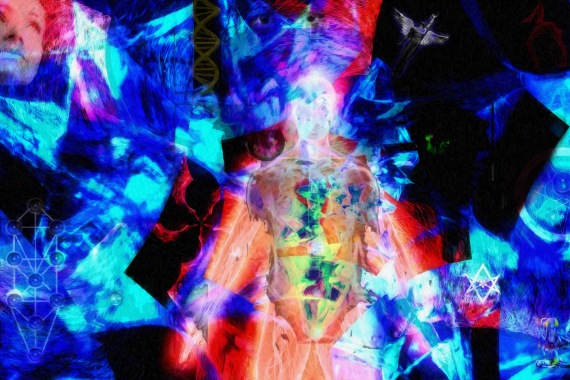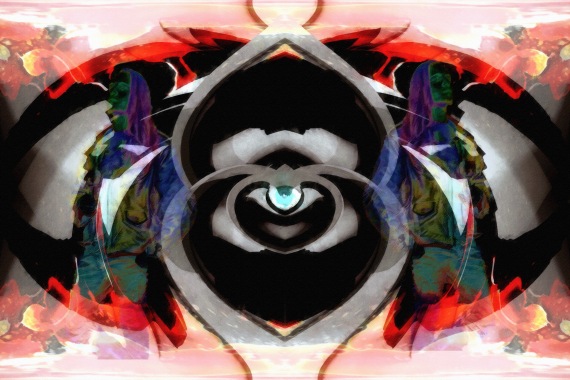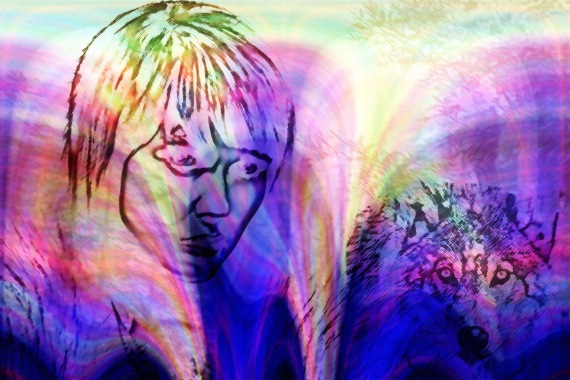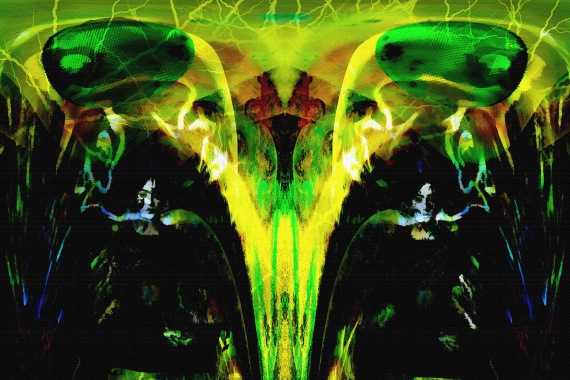“When I cannot see words curling like rings of smoke round me I am in darkness—I am nothing.”
― Virginia Woolf
It’s fascinating searching through quotes about language and discovering example after example of brilliant wordsmiths who mistrusted the tools of their trade. Perhaps mistrust is not the correct word. Perhaps its that they realized the inherent limitations of language that so often can become arbitrary and what good craftsman does not? Then once we realize the limitations of the tool we see just how far we can stretch to transcend those limitations.
Virginia Woolf in the above quotes feels that without her words she is nothing and yet isn’t that nothingness, that space between words where true creativity comes from? Tho it does sound like a pretty awesome meditation, visualizing our words and thoughts curling like rings of smoke and then dissipating leaving us in stillness..
Blessings, G
Like me on FaceBook: https://www.facebook.com/WakingSpirals
Click on images to see full-sized
 Mindfield by G A Rosenberg
Mindfield by G A Rosenberg
 Flowers and Flames by G A Rosenberg
Flowers and Flames by G A Rosenberg
 Red Dreams by G A Rosenberg
Red Dreams by G A Rosenberg  Moving Through the Machinery by G A Rosenberg
Moving Through the Machinery by G A Rosenberg 












